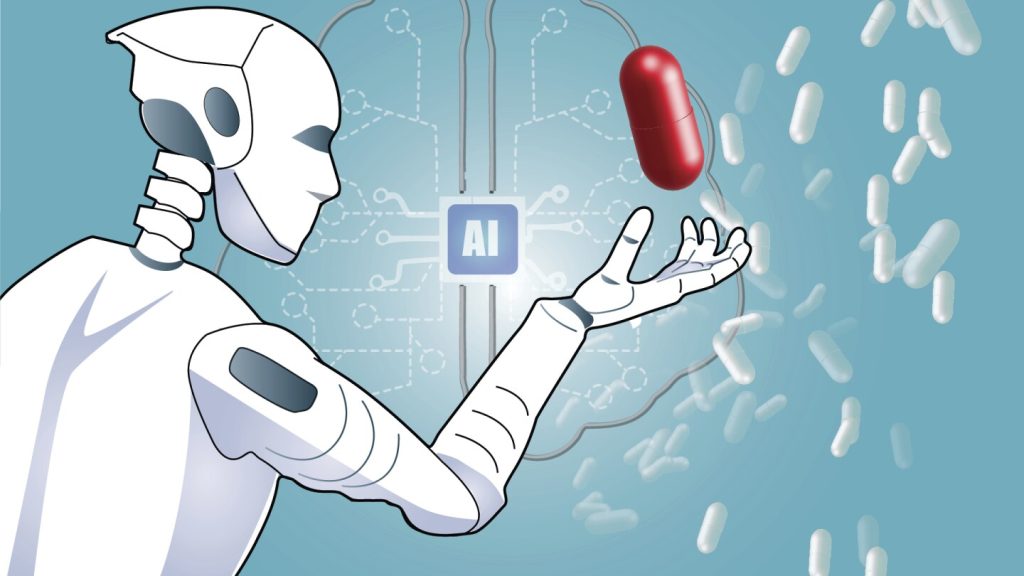In 2024, the tech industry shifted its focus from simply releasing powerful AI models to actually building products that could make use of these advancements. Generative AI technology, such as OpenAI’s ChatGPT, became increasingly integrated into various technology services, providing users with helpful capabilities. However, the development of AI models also raised concerns about the significant investments required to support these systems, including expensive computing systems running on powerful AI chips that consume a considerable amount of electricity.
Tech executives faced questions from Wall Street analysts about the potential payoffs from their substantial investments in AI research and development. Some analysts expressed skepticism about whether the current AI models justified their costs and raised doubts about the technology’s ability to solve complex problems at the level of human intelligence. Despite these concerns, others remained optimistic about the incremental productivity increases that AI tools were already showing in various industries, such as sales and design.
As AI continues to advance, concerns have been raised about the impact on the job market. Some workers worry that AI tools could either supplement or replace their roles in various industries. For example, the use of AI chatbots for tasks such as contract writing could potentially eliminate the need for certain positions. Similarly, actors and musicians have voiced concerns about AI being used to replicate their work without their consent, raising questions about the ethical implications of widespread AI adoption in creative fields.
While AI tools have shown promise in streamlining processes and providing valuable insights, they still lack the common sense and creativity that humans possess. Despite advances in generative AI, such as the ability to process vast amounts of data, AI tools struggle to understand complex real-world scenarios and lack the ability to think critically. However, developers are working towards creating more advanced AI agents that can reason and plan out solutions to complex problems, paving the way for a future where AI tools can work together as a team.
In the medical field, AI has made significant strides in aiding doctors with faster diagnostics and data analysis. The use of AI in pharmaceutical research has helped bridge the gap between physical experiments and data analysis, allowing for faster drug development processes. However, concerns about the accuracy and reliability of AI-powered tools, such as transcription software, have been raised, highlighting the need for continued improvement and oversight in the use of AI in healthcare.
Looking towards the future, experts predict that AI will continue to play a prominent role in various industries, from finance to healthcare. The development of AI agents with specialized skills and the ability to work collaboratively could revolutionize how tasks are accomplished and problems are solved. While challenges remain in ensuring the ethical and responsible use of AI technology, the potential for AI to drive innovation and productivity in the coming years is promising.


